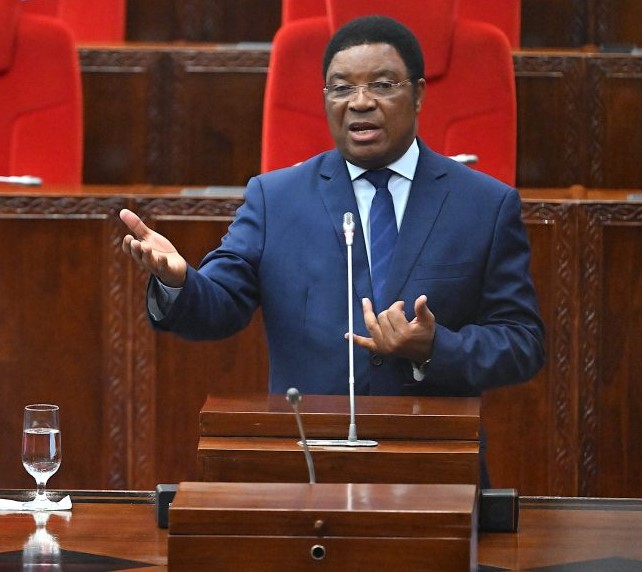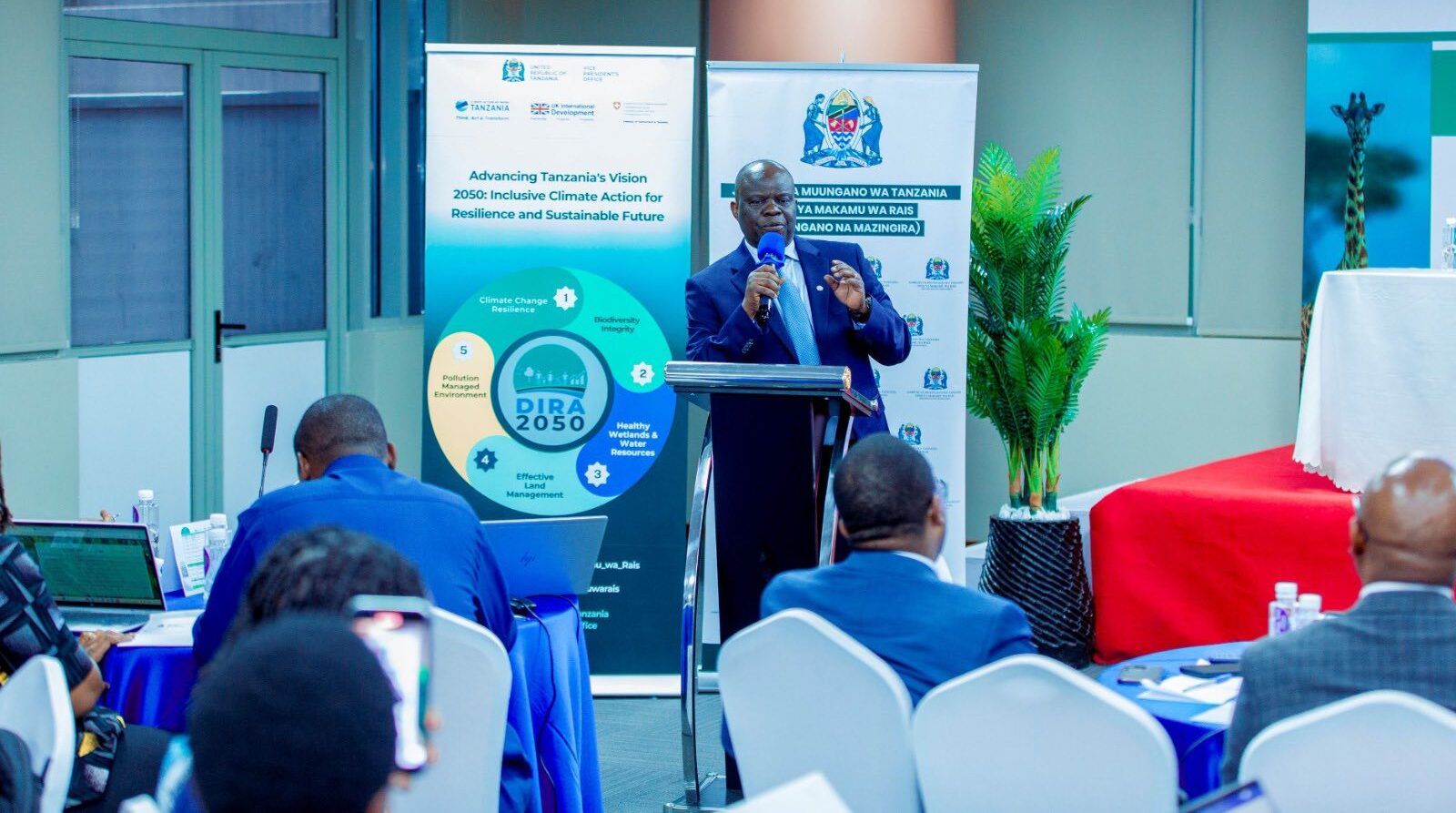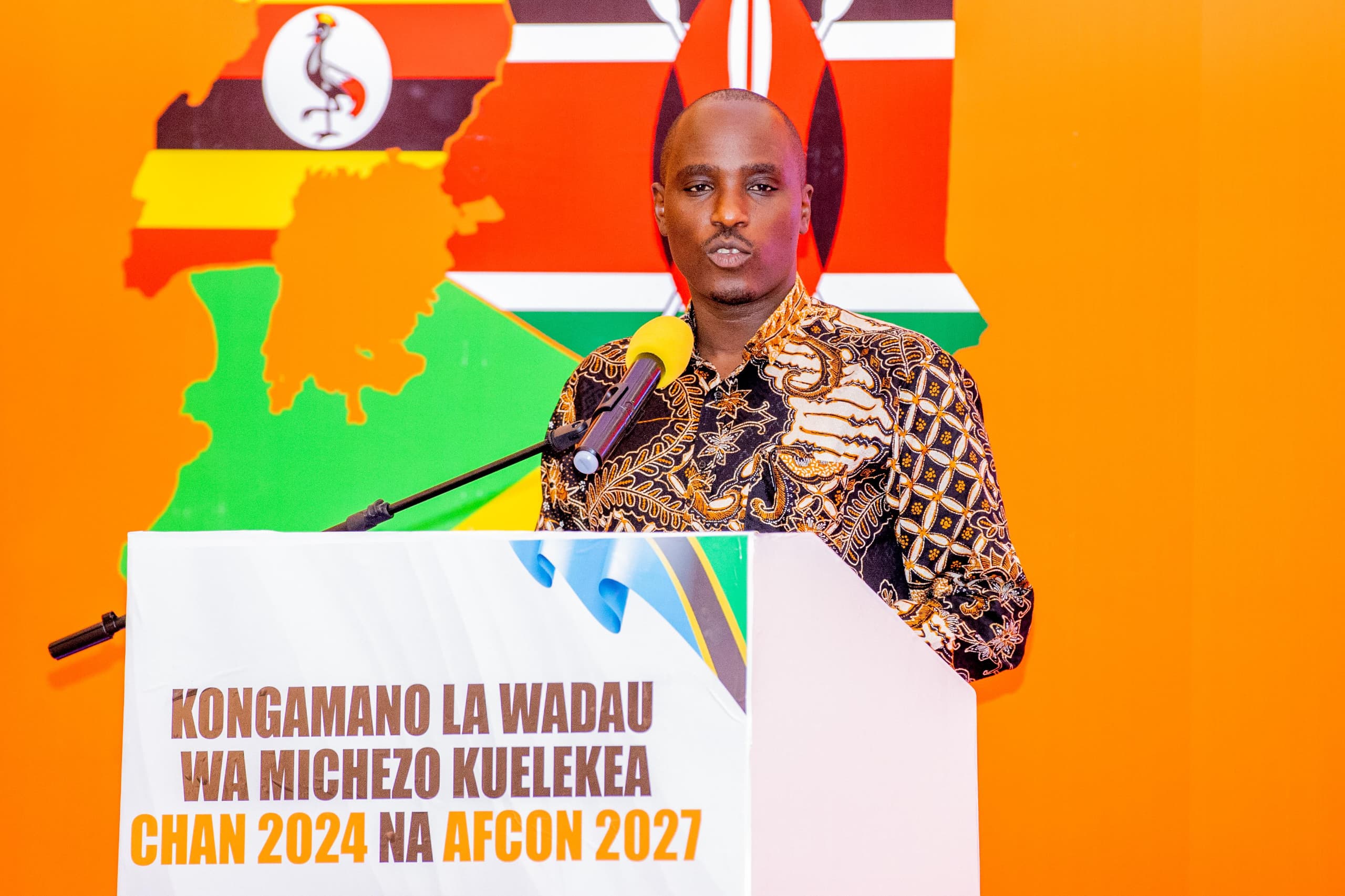Dodoma. Tanzania is doubling down on its commitment to economic self-reliance following changes in US foreign aid policy under the Trump administration.
Addressing Parliament in Dodoma on Thursday, 6 February 2025, Prime Minister Kassim Majaliwa said Tanzania had no choice but to accelerate efforts to lessen reliance on foreign aid and strengthen its domestic economic foundations.
Mr Majaliwa was responding to a question from Mbozi MP, George Mwenisongole, during the Prime Minister’s Question Time in Parliament, Dodoma.
The MP had sought clarification on how the government plans to respond to changes in US foreign policy, which are expected to impact the implementation of key policies in education, health, and economic development, particularly USAID-funded projects.
“We cannot rely on aid indefinitely,” Mr Majaliwa said.
He explained that the decision by the US government to stop aid programmes through the United States Agency for International Development (USAID) will directly impact various sectors within Tanzania.
“Our government respects the foreign policies of other nations and honours diplomatic agreements. However, we are witnessing shifts in the policies of major global players like the US that can affect countries like Tanzania,” Mr Majaliwa told MPs.
Embracing self-sufficiency
Despite the potential challenges posed by aid reductions, the Prime Minister stressed Tanzania’s resolve to forge a path of self-sufficiency.
He commended President Samia Suluhu Hassan’s efforts to strengthen international relations while prioritising sustainable economic strategies.
“Our priority must be reinforcing our internal economic base,” Mr Majaliwa said.
“We must ensure our development plans are primarily funded through our own budget, rather than relying on foreign aid.
“Tanzania possesses vast natural resources, and it is our responsibility to harness them effectively to sustain economic growth and fund key sectors like health, education, and infrastructure.”
The Premier’s remarks echo lessons learnt from the Trump administration’s approach to foreign aid.
Analysts have observed that the transactional nature of US international relations under Trump must prompt African governments to re-evaluate their reliance on external funding.
Repositioning Tanzania in the global economy
Prime Minister Majaliwa noted while aid remains a component of international cooperation, Tanzania’s long-term stability depends on diversifying revenue streams and attracting foreign direct investment.
He urged Tanzanians to proactively utilise the country’s resources to drive development and ensure financial resilience.
“We must strengthen our domestic revenue generation mechanisms and align our budgetary allocations with our developmental needs to address any funding gaps resulting from these policy shifts,” he told legislators.
The Prime Minister’s call for self-reliance aligns with broader discussions about the future of Africa’s relationship with the US.
Experts suggest that the Trump era serve as a catalyst for African governments to recognise the importance of regional integration and intra-African trade.
The African Continental Free Trade Area (AfCFTA), with its goal of creating a $3 trillion unified market, offers a strategic opportunity for countries like Tanzania to reduce dependence on external markets and funding.
Mr Majaliwa explained how the government remains committed to fostering a conducive business environment, strengthening trade partnerships and implementing sustainable economic policies.
He assured Parliament that the government will continue to pursue strategic initiatives to bolster the nation’s economic resilience amidst changing international policies.
“Our development trajectory must be self-sustaining,” he noted.







